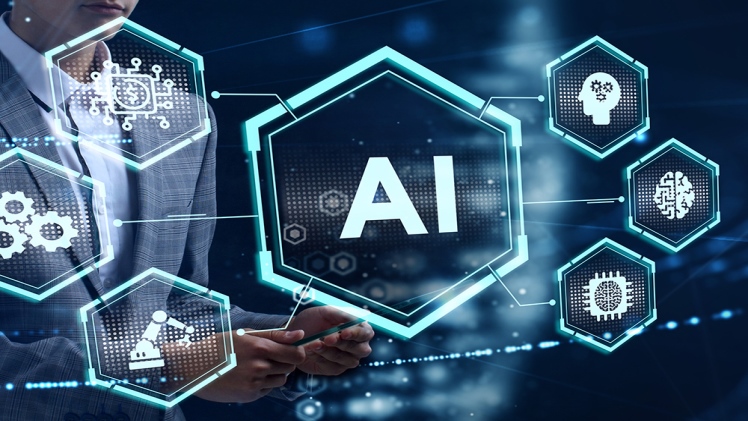AI/ML software developers use big data, machine learning, and other related skills to create smart applications. These skills help developers design apps that are better at detecting bugs and analyzing user feedback.
To become an AI/ML solutions developer, you need to have a strong background in computer science and a keen understanding of machine learning algorithms. Additionally, you should have knowledge of Apache Spark and other big data technologies.
Data Science
Data scientists work to extract insights from data by using computer programs to collect, clean, structure and analyze big data. They also use their data science skills to develop predictive models that generate insight and inform business decision-making.
Data science is used in virtually every industry, and it can be applied to a broad range of uses, including identifying medical conditions, optimizing logistics, improving city planning, fighting fraud and more. It helps businesses make better decisions, which can lead to stronger sales and enhanced customer service.
Machine learning (ML) is a subfield of data science that uses artificial intelligence to create algorithms that can learn patterns and correlations from data. This enables computers to perform tasks like humans by learning, reasoning and self-correcting.
AI/ML software developers need to ensure that their data science and machine learning workflows are automated, from data gathering to deployment. This includes keeping track of their work with version control, documentation, and file locations, to decrease risks and increase efficiency.
Machine Learning
If you’re a software developer, machine learning can be an invaluable tool for you. It can help you with strategic decision-making and minimize manual labor, so you can spend more time on your business goals trendingbird.
AI can also help you proactively identify errors in your software so you can fix them before they cause downtime. This is especially important if you operate software as a service (SaaS) or a cloud-based platform as a service, because downtime can cost your company thousands of dollars in lost revenue and negative brand perception.
Machine learning is a process that involves training a computer program to map functions between established input data and known output variables. This can be done through supervised or unsupervised learning.
Big Data
Big data is the volume, variety, and velocity of information that businesses collect. This data is a treasure trove of potential business intelligence that can help businesses save money, please customers, innovate, and improve their competitiveness.
Big Data is a valuable resource for many areas of business, including operations, marketing, and sales. In fact, some industries have seen significant cost savings as a result of the use of advanced big data analytics.
To exploit the potential of big data, companies need to have a clear goal in mind and have a team that is eager to find solutions to real-world problems. These teams are often led by entrepreneurs who understand the power of big data, and they have a high level of curiosity about how it can be used to gain a competitive edge.
The key to utilizing the full power of big data is to develop analytics processes and models that are self-optimizing and can learn from experience on a regular basis. This requires the use of modern database technologies and AI functionality.
Artificial Intelligence
AI/ML software developers are a great asset to any company. They are able to automate many processes and make things run more efficiently.
One of the most common AI/ML benefits to software developers is code refactoring. It helps them write clean codes that are easy to maintain and upgrade without having to rewrite huge sections of the code.
Another benefit is better data security. Because AI can analyze the system’s data and distinguish irregularities from normal behaviors, it can help companies keep their data safe during development.
It can also predict errors and prevent them from occurring. This can save companies time and money.
Conclusion
As AI continues to evolve, it may be able to replace humans in some ways. It may even be able to take over tasks that are too complex for humans, such as designing new products or analyzing user behavior.

